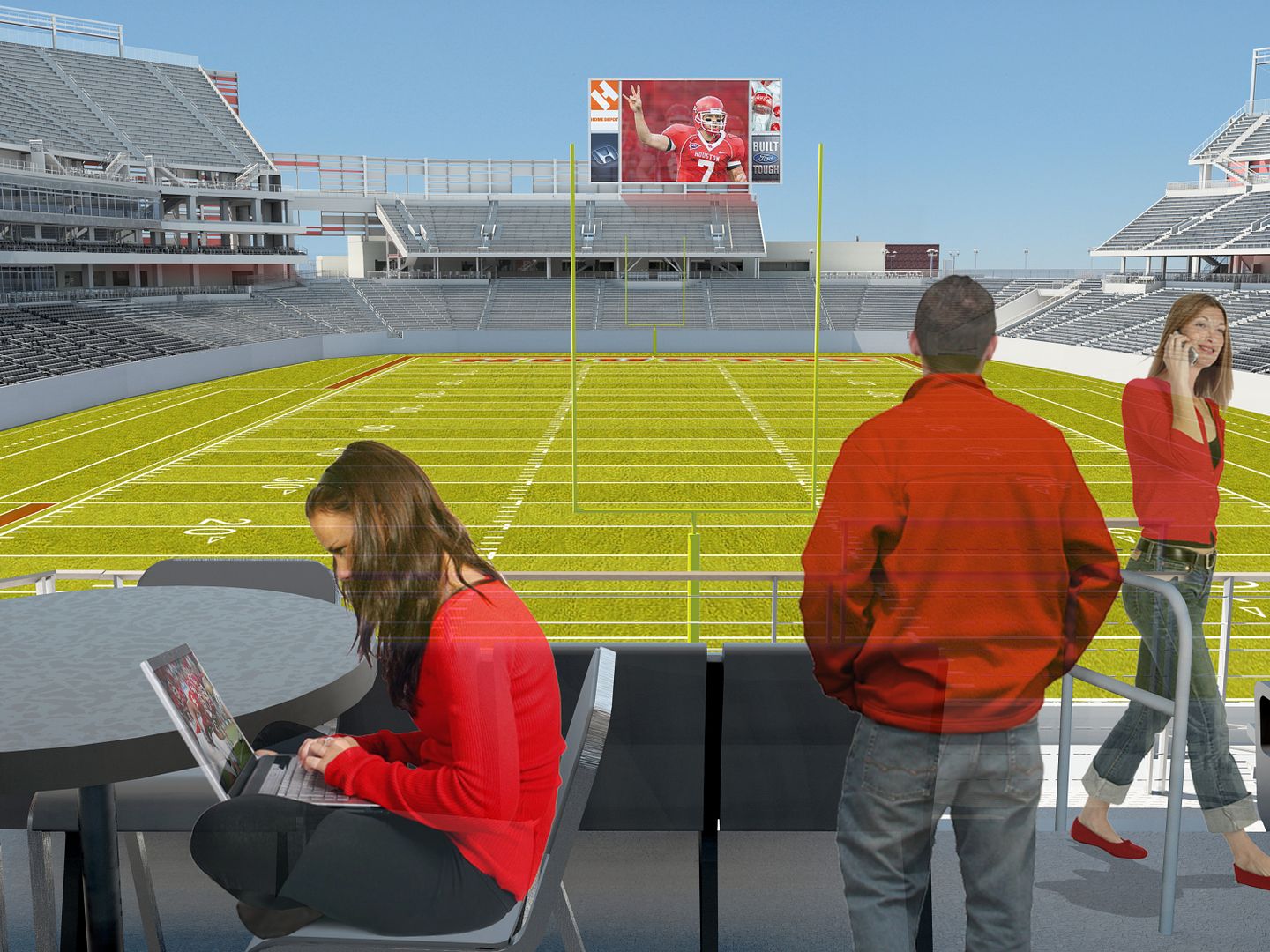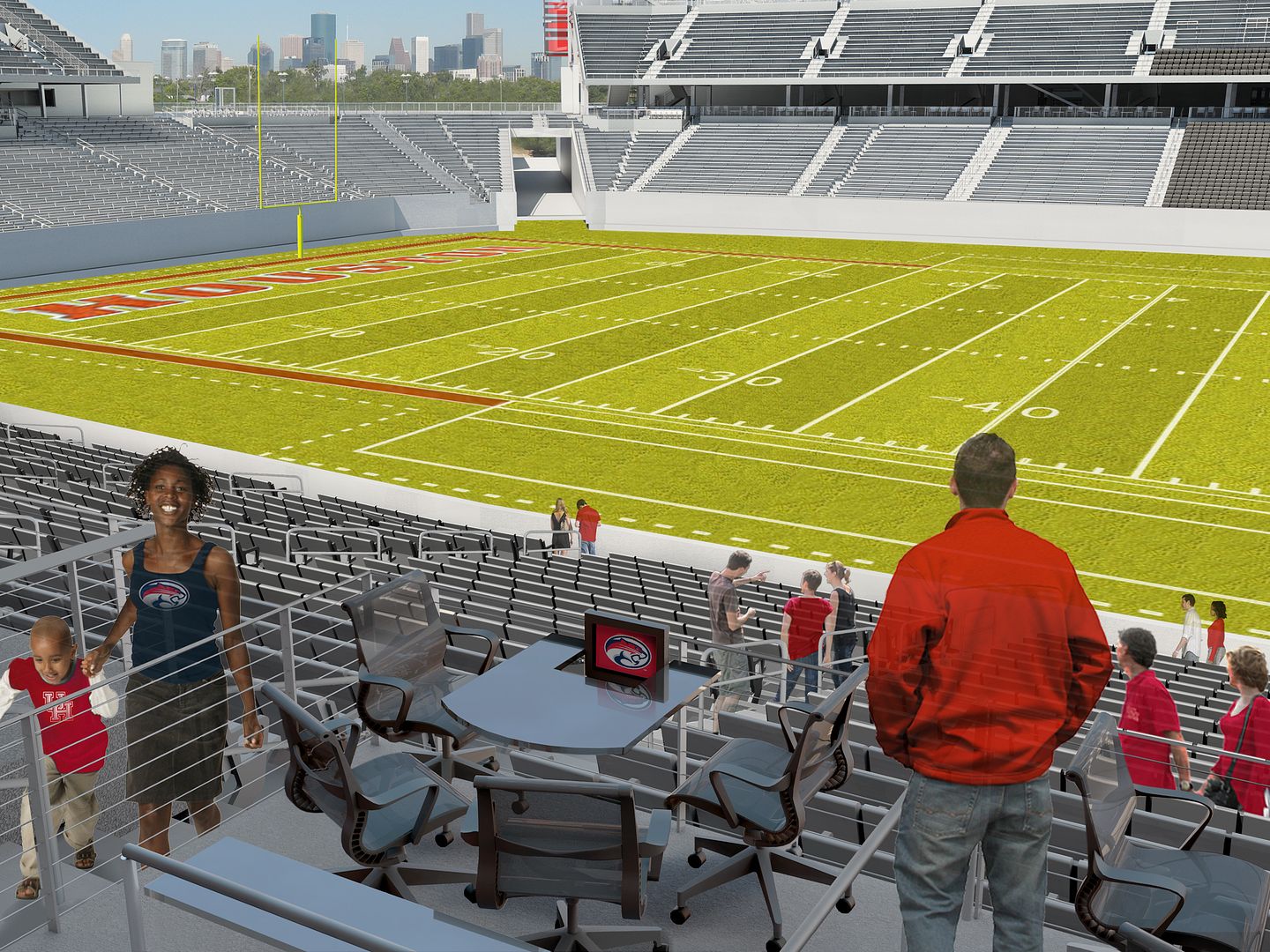 05:23 PM - September 26, 2013 by FloorGeneral
05:23 PM - September 26, 2013 by FloorGeneral
Here is the official statement from EA Sports:
|
|||||||||
|
 05:23 PM - September 26, 2013 by FloorGeneral
05:23 PM - September 26, 2013 by FloorGeneral
|
|||||||||
|
|
|||||||||||||
|
|
|||||||||||||
|
|
|||||||||||||
|
|
|||||||||||||
|
|
|||||||||||||
|

|
|||||||||||||
|
|
|||||||||||||
|
|
|||||||||||||
|
|
|||||||||||||
|
|
|||||||||||||
|
|
|||||||||||||
|

|
|||||||||||||
|
|
|||||||||||||
|
|
|||||||||||||
|
|
|||||||||||||
|
|
|||||||||||||
|
|
|||||||||||||
|
|
|||||||||||||
|











 Blogs
Blogs  Reviews
Reviews  Press
Press  Features
Features  Media
Media 


